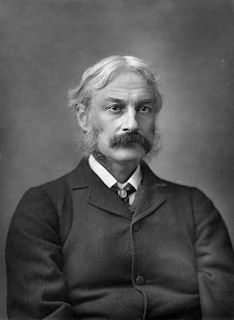A Quote by Andrew Lang
Young men, especially in America, write to me and ask me to recommend “a course of reading.” Distrust a course of reading! People who really care for books read all of them. There is no other course.
Related Quotes
It is usual to speak in a playfully apologetic tone about one's adult enjoyment of what are called 'children's books.' I think the convention a silly one. No book is really worth reading at the age of ten which is not equally (and often far more) worth reading at the age of fifty-except, of course, books of information. The only imaginative works we ought to grow out of are those which it would have been better not to have read at all. A mature palate will probably not much care for crème de menthe: but it ought still to enjoy bread and butter and honey.
I shall be so glad if you will tell me what to read. I have been looking into all the books in the library at Offendene, but there is nothing readable. The leaves all stick together and smell musty. I wish I could write books to amuse myself, as you can! How delightful it must be to write books after one's own taste instead of reading other people's! Home-made books must be so nice.
All spiritual growth comes from reading and reflection. By reading we learn what we did not know; by reflection we retain what we have learned. The conscientious reader will be more concerned to carry out what he has read than merely to acquire knowledge of it. In reading we aim at knowing, but we must put into practice what we have learned in our course of study.





































